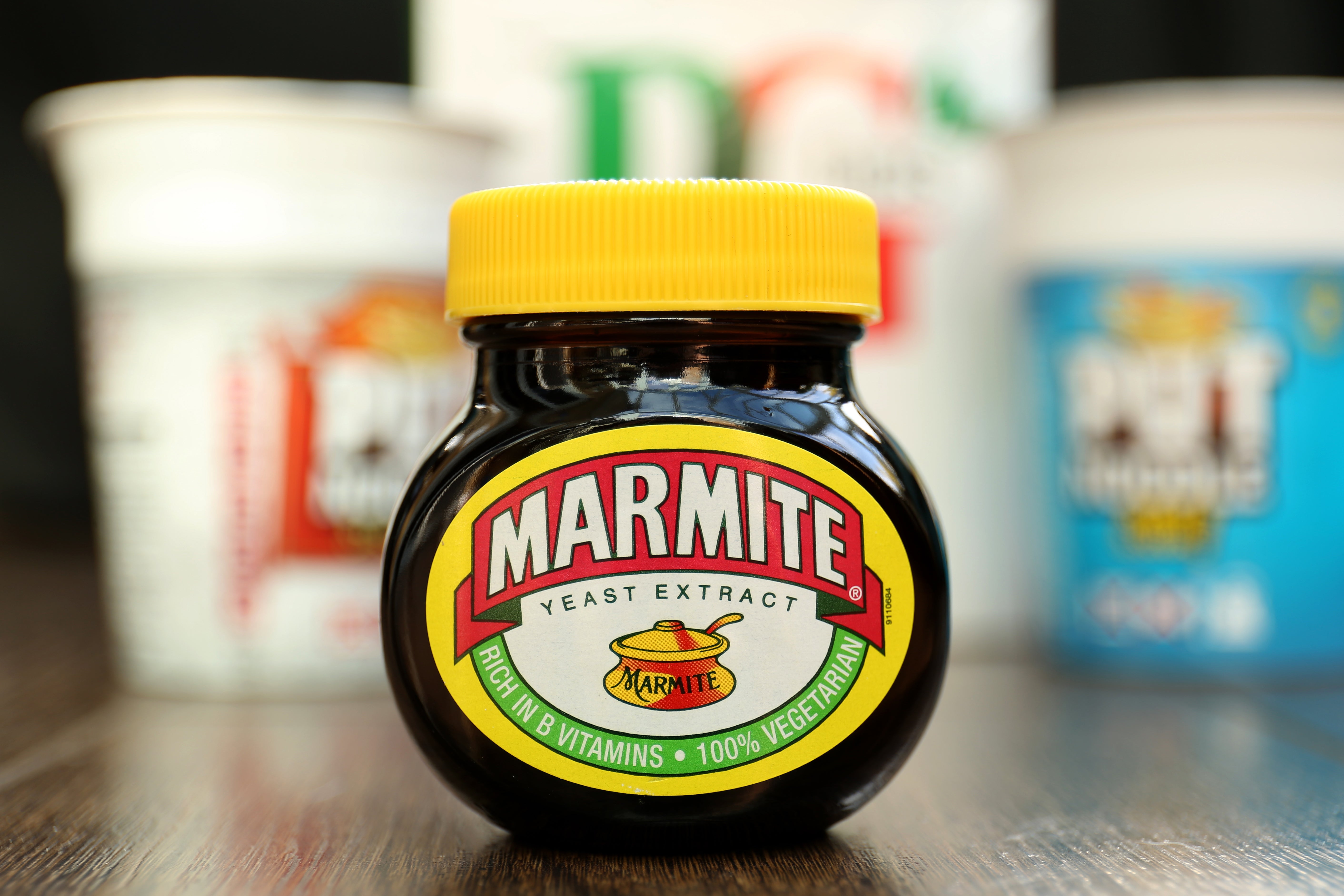Why it’s time to bin Marmite – and no it’s not just because of the terrible taste
Unilever has promised the City that it will put price rises and fancy margins above high-priced mergers and acquisitions. Consumers should take note, writes James Moore


Unilever has long been held up as an exemplar of a better kind of capitalism, so much so that certain old school reactionary City types have taken to moaning that it is too “woke” and needs to put their interests above speaking out on social causes or reducing the impact packaging has on the environment.
Take a look in the direction of the Square Mile and Canary Wharf and you might even be able to see the hot air rising. It’s probably contributing a degree or two to the rise in global temperatures on its own.
As you might have guessed, these arguments are open to question. Just ask the unions about the impact of the group’s periodic cost-cutting drives on the people who work there. Alternatively, we could consider the latest results.
Unilever’s latest full-year numbers show that it grew sales by 4.5 per cent over the past year. But the majority of that growth came by forcing through price rises. The company’s volumes, the number of tins and bottles of its branded consumer products shipped and sold to supermarkets, increased by just 1.6 per cent.
Unilever is facing cost pressures, just as are many other companies right now, and they are considerable.
There are two ways for the company to deal with the problem. It could say: “You know what, we’re going to do our end consumer a solid. We’ll keep the prices we offer the supermarket as low as we possibly can, even if it means sacrificing some of our margin.”
True, the amount a supermarket charges for, say, a jar of Unilever’s Marmite is up to them. A cursory search of the internet reveals that Tesco and Asda are asking £2.49 for 250g while Sainsbury’s, Ocado and Morrisons want you to pay £2.70.
But if Unilever decided to hold its prices to them, the chances are that they would seek to hold their prices to the end consumer. Us in other words. Food retail is a highly competitive sector after all. Let’s call this the Stakeholder Strategy.
Is it woke? It might look that way if you consider the name I’ve given it but it is also an entirely valid business response to the current environment. Through it, Unilever could hope to protect, even enhance, its volumes while generating goodwill with consumers, if not shareholders.
The alternative option is to say: “Sod that, we’re going to preserve our margins and keep grouchy fund managers as sweet as possible.” Let’s call this the City Strategy.
Care to guess which of the two Unilever has chosen to follow? The company has promised that there will be no more talk of pricey mega deals after a failed attempt to buy Glaxo’s consumer division. Just plenty of high-priced product.
CEO Alan Jope’s “pricing actions” over the last year delivered underlying price growth of 2.9 per cent. However, that surged to 4.9 per cent in the fourth quarter. Heady stuff.
True, the group’s margins declined. But only by a bit. We’re talking 0.1 per cent here, so the company had plenty of room to keep its shareholders in the style to which they have become accustomed.
Unilever did warn the money managers that margins would be further squeezed this year, during which time input costs are expected to continue to mount. But it said they would come back in 2023 and 2024. That would be either through cost pressures easing or (most likely) through yet more price rises.
So much, then, for stakeholder or “woke” capitalism when it comes to the poor consumer. But what if we consumers were to wake up to our power to give both Unilever and the City the bird, and to make capitalism work a bit better for us by choosing cheaper alternatives.
In the case of Marmite, that would be through choosing an own-brand equivalent such as, let’s say, Tesco yeast extract. Annoyingly, you can’t buy it in a 250g jar. But you can get it in a 225g container for £1.98. That works out at 88p per 100g, which is 12 per cent cheaper than Marmite in a 250g jar, which costs £1 per 100g.
Asda’s own label offering, which comes in 240g jars, is better still. It’s priced at 74.6p per 100g, a thumping 25 per cent cheaper than Marmite at the same store.
But do they taste the same? To be honest, I have no idea. Faced with a choice between yeast extract, any yeast extract, spread on a piece of bread and a bowlful of nuclear waste, I might be inclined to go for the stuff making the Geiger counter buzz like a hive full of honey bees.
That said, I don’t imagine the taste of Asda’s yeast extract is all that much different from Unilever’s big name brand, certainly not after you’ve got used to it. We’re not talking fine wine here.
Unilever’s volume growth would grind to a halt if consumers all decided to opt for Asda’s alternative to Marmite. And to Hellmann’s. And to Dove soap. And to Vaseline. And to the rest. There’s almost always a cheaper alternative available.
Given the cost-of-living crisis, the consumer may decide that now is as good a time as any to try them out. Tough break for Unilever. Tough break for the reactionary snowflakes in the City too. My heart positively bleeds for the lot of them.
Join our commenting forum
Join thought-provoking conversations, follow other Independent readers and see their replies
Comments
Bookmark popover
Removed from bookmarks